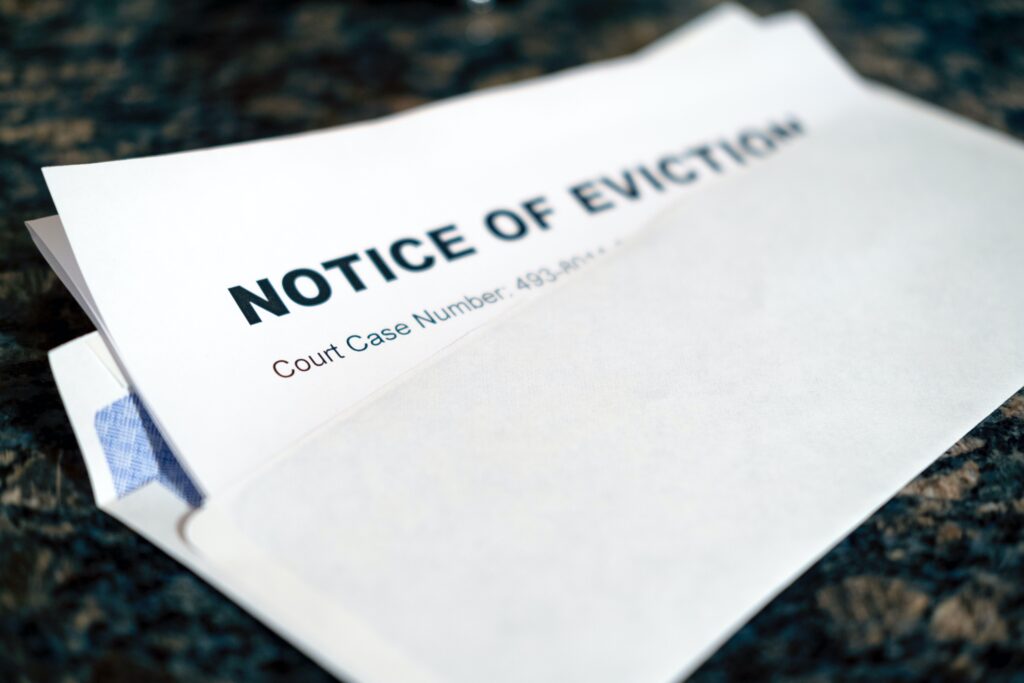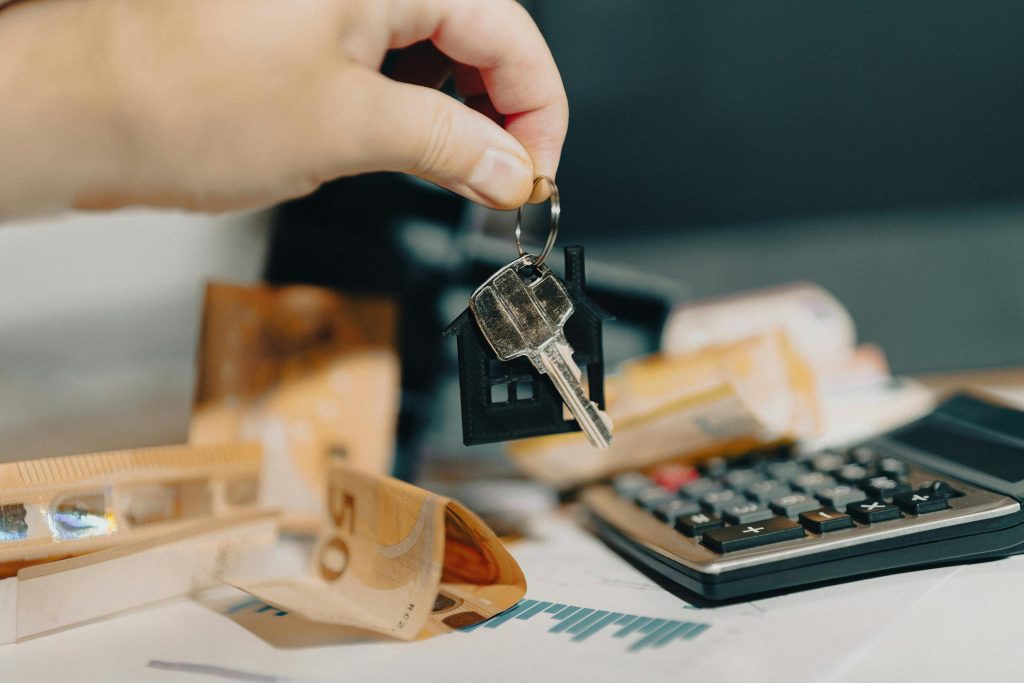Breaking up is tough enough without having to sort out property rights. When married couples divorce, there are clear legal frameworks that determine how assets are split. But for unmarried couples who own a home together, the situation can be much more complicated. Your rights depend on several factors, including the type of ownership and what agreements you made when buying. Here’s what you need to know about property division after separation.
Common myths about property rights for unmarried couples
Many people believe “common-law marriage” exists in the UK, giving unmarried couples the same rights as married ones. This isn’t true, and there’s no such thing as common-law marriage in UK law.
Living together doesn’t give you automatic rights over shared belongings, like furniture or savings, or property. Unless you’ve made specific agreements, you’ll need to prove your entitlement to any share of the property.
How do you prove shared rights if your name is not on the deed?
You’ll need evidence of your contributions to the property. This could be bank statements showing mortgage payments, receipts for home improvements or documentation of the initial deposit. Written agreements between you and your partner can also help establish your rights. If you put money into the property but aren’t named on the deeds, a trust might have been created, giving you a share.
Joint ownership: Joint tenants vs tenants in common
When buying property together, couples usually choose between two ownership types.
Joint tenants
As joint tenants, both partners own the whole property equally. If one partner dies, the other automatically inherits their share.
Tenants in common
Tenants in common are different. Each partner owns a defined share—perhaps 60/40 or 50/50— which they can leave to someone else in their will.
Determining shares in jointly owned property
Without a formal agreement stating otherwise, the law assumes joint owners have equal shares. But if you can prove you contributed more to the purchase price or mortgage payments, you might be entitled to a larger share.
Getting a declaration of trust when buying can prevent disputes later by clearly stating who owns what percentage. You can do this by:
- Having a solicitor draft a formal declaration showing each person’s share
- Including details of initial contributions and ongoing payment responsibilities
- Specifying how the property will be divided if you separate
- Setting out arrangements for buying out the other person’s share
With a legal document, both parties are protected and can save thousands in legal fees if the relationship ends. It’s especially important if you’re contributing unequal amounts to the property purchase.
Sole ownership: Establishing beneficial interest
If your partner owns the property alone, you might still have a claim if you can prove you have a “beneficial interest.” This could be through direct financial contributions to the purchase price or mortgage (resulting trust), or through agreements and actions that show you both intended to share ownership (constructive trust).
Let’s say one partner contributed £20,000 to the deposit and made half the mortgage payments for five years, but wasn’t named on the deeds. Despite not being listed as an owner, they could claim a beneficial interest in the property based on these financial contributions. The court would likely recognise their right to a share of the property’s value.
Legal framework: Trusts of Land and Appointment of Trustees Act (TOLATA) 1996
TOLATA governs property disputes between unmarried couples. The court can order a property sale and decide how proceeds should be split. They’ll look at:
- Each person’s financial contribution
- Why the property was bought
- The welfare of any children living there
- The intentions of both parties when buying
The court process can take months and cost thousands in legal fees. Most couples try to reach an agreement through mediation first, which is usually quicker and cheaper than going to court. If you do end up in court, having clear records of your contributions and any agreements made when buying the property will strengthen your case.
Financial contributions and their impact
Money put towards the deposit, mortgage payments and major improvements all count when determining property shares. Keep records of significant contributions you’ve made, as these will strengthen your position if there’s a dispute.
Non-financial contributions: Do they matter?
Unlike in divorce, non-financial contributions like homemaking or childcare rarely affect property rights for unmarried couples. The focus is mainly on direct financial input to the property. While it might seem harsh, this is how property law works for unmarried couples. It’s based on money and ownership, not on the overall contribution to family life.
What happens if one partner wants to sell?
With joint ownership, both partners must agree to sell. If one refuses, the other can apply to the court for an “order for sale” under TOLATA. The court will consider both parties’ circumstances before deciding.
Protecting your interests: Cohabitation agreements
A cohabitation agreement sets out how property and finances will be handled if you split up. While not everyone feels comfortable discussing potential separation, having this agreement can save significant stress and legal costs later. This is especially true if there are children involved and you want to minimise disruption for them.
Implications for children
Courts consider children’s housing needs when deciding property disputes. The parent with primary care might be allowed to stay in the property until the children reach 18 or finish full-time education.
Alternative housing solutions after separation
If you need to leave quickly, consider staying with family or friends while sorting out long-term arrangements. Your local council can advise on emergency housing if you’re at risk of homelessness.
Steps to take when separating
Try to agree on property division through calm discussion. If that’s not possible, mediation can help you reach an agreement without court. Save legal action as a last resort. It’s expensive, time-consuming and can be mentally draining. .
DIY vs professional help: When to seek legal advice
Simple agreements between cooperative ex-partners might not need legal help. But get legal advice if there’s significant property value involved, you can’t agree or you need help understanding your rights.
Legal costs and timeframes
Legal fees vary widely depending on complexity. Simple agreements might cost a few hundred pounds, while court battles can run into thousands. Reaching agreement through mediation typically takes two to three months; court cases can last a year or more.
How to sell a house quickly after a split-up
A relationship breakdown is challenging enough without the added stress of a prolonged property sale. If you have decided to sell your house, finding a fast, hassle-free solution can make a real difference and speed up the process. This is where Property Rescue can help.
Selling a house through traditional estate agents can take months, or even longer, especially if the property market is slow. During a long winded sale, it’s not uncommon for an ex to change their mind about the sale to make things difficult. That’s why a fast sale is recommended.
Property Rescue offers a quick, straightforward solution for anyone looking to sell their property and move on. Our service is designed to make the process as stress-free and efficient as possible:
- Guaranteed cash offer: We provide a fair cash offer for your home, helping you avoid the uncertainty of the open market.
- Fast completion: Unlike traditional sales, where completion can take months, we can lock in a sale in as little as 48 hours through exchange of contracts.
- No hidden fees: The price we offer is the money you get. We cover all expenses and there are no hidden fees.
Selling your house quickly after a split-up allows you and your partner to move forward and focus on rebuilding your lives separately. Property Rescue simplifies and speeds up the process, so you can close this chapter and start the next without unnecessary delays.
Visit Property Rescue to learn more or get started with a free, no-obligation consultation.








